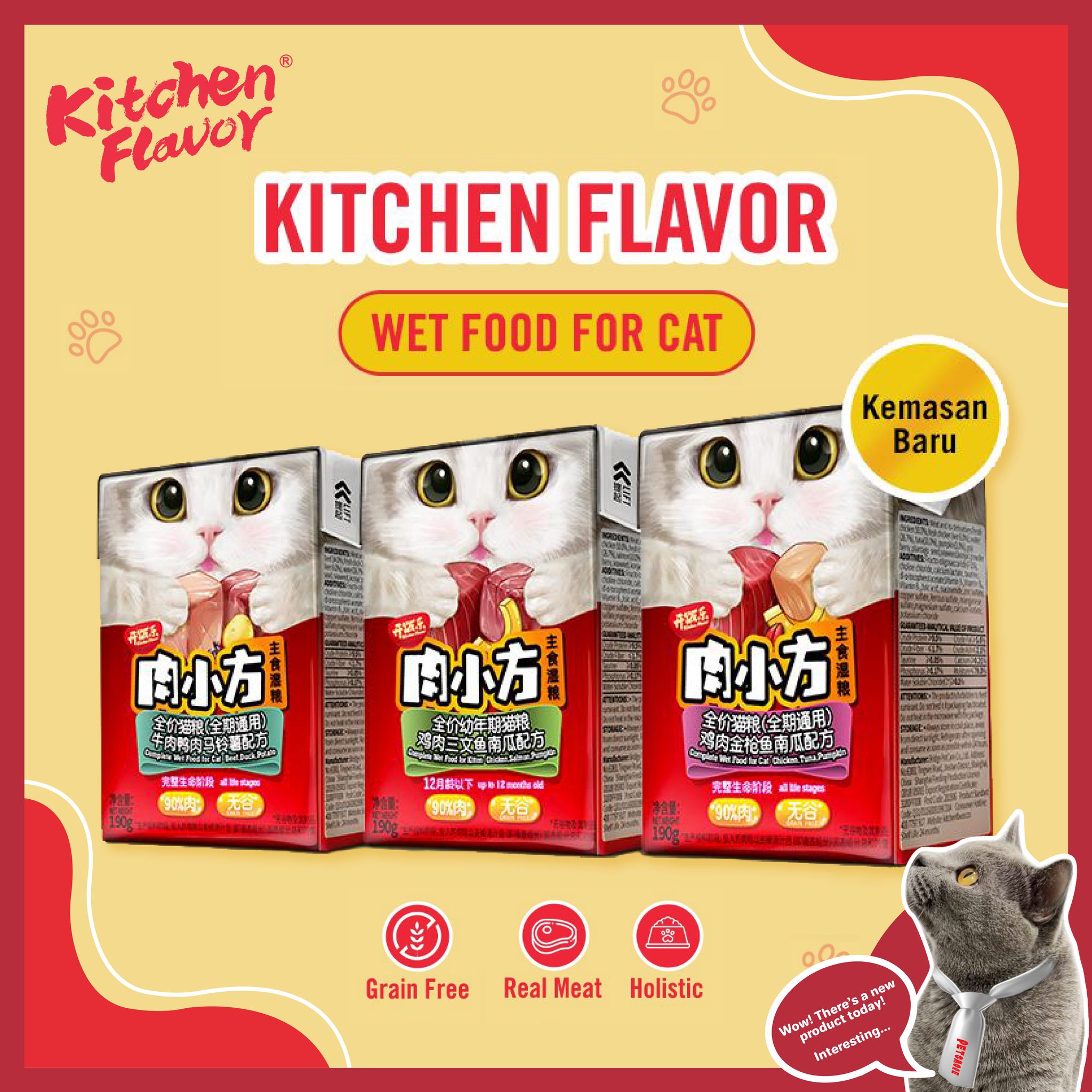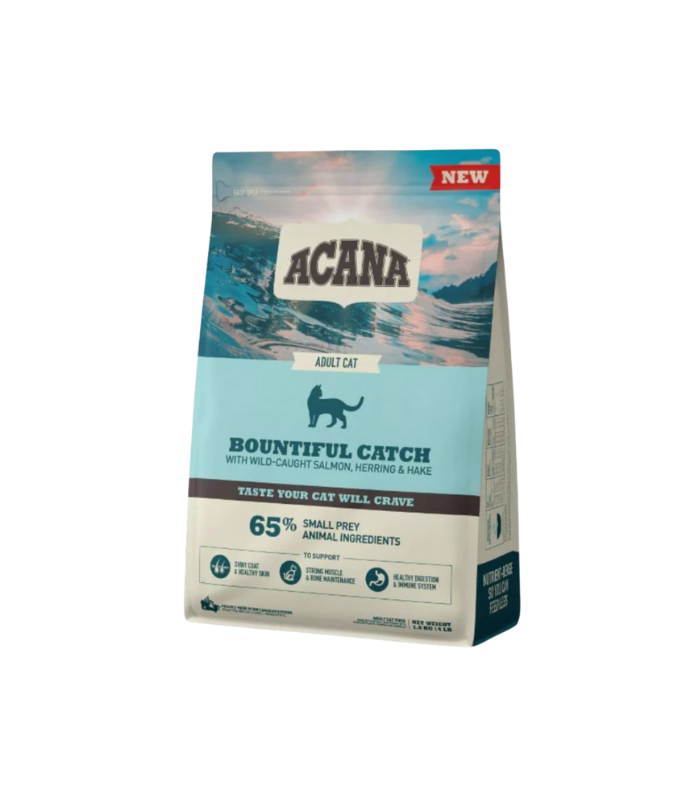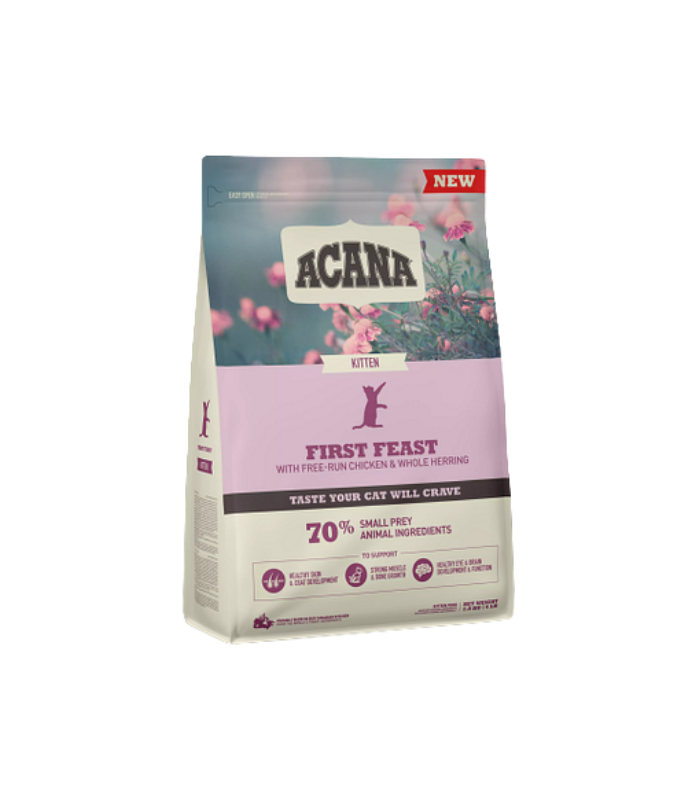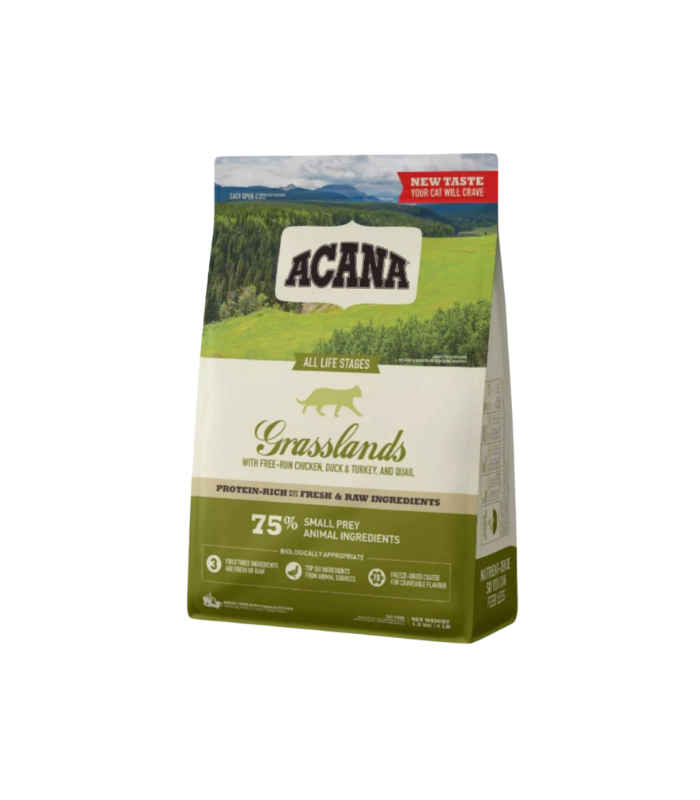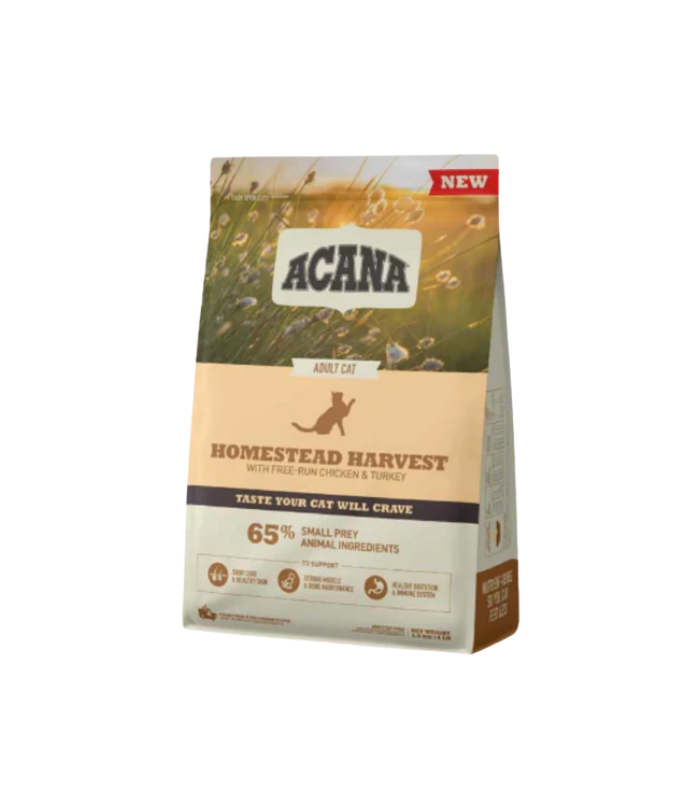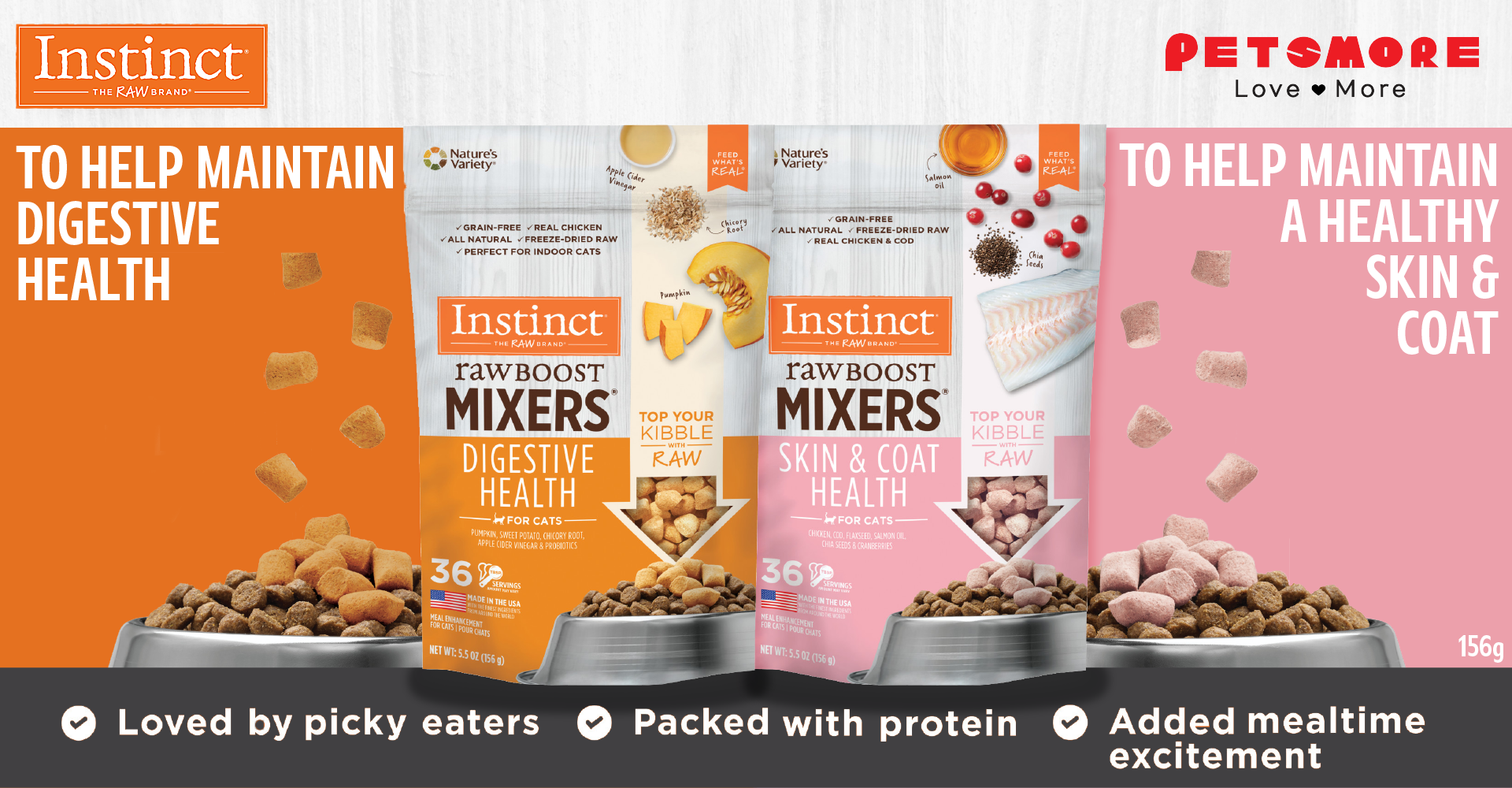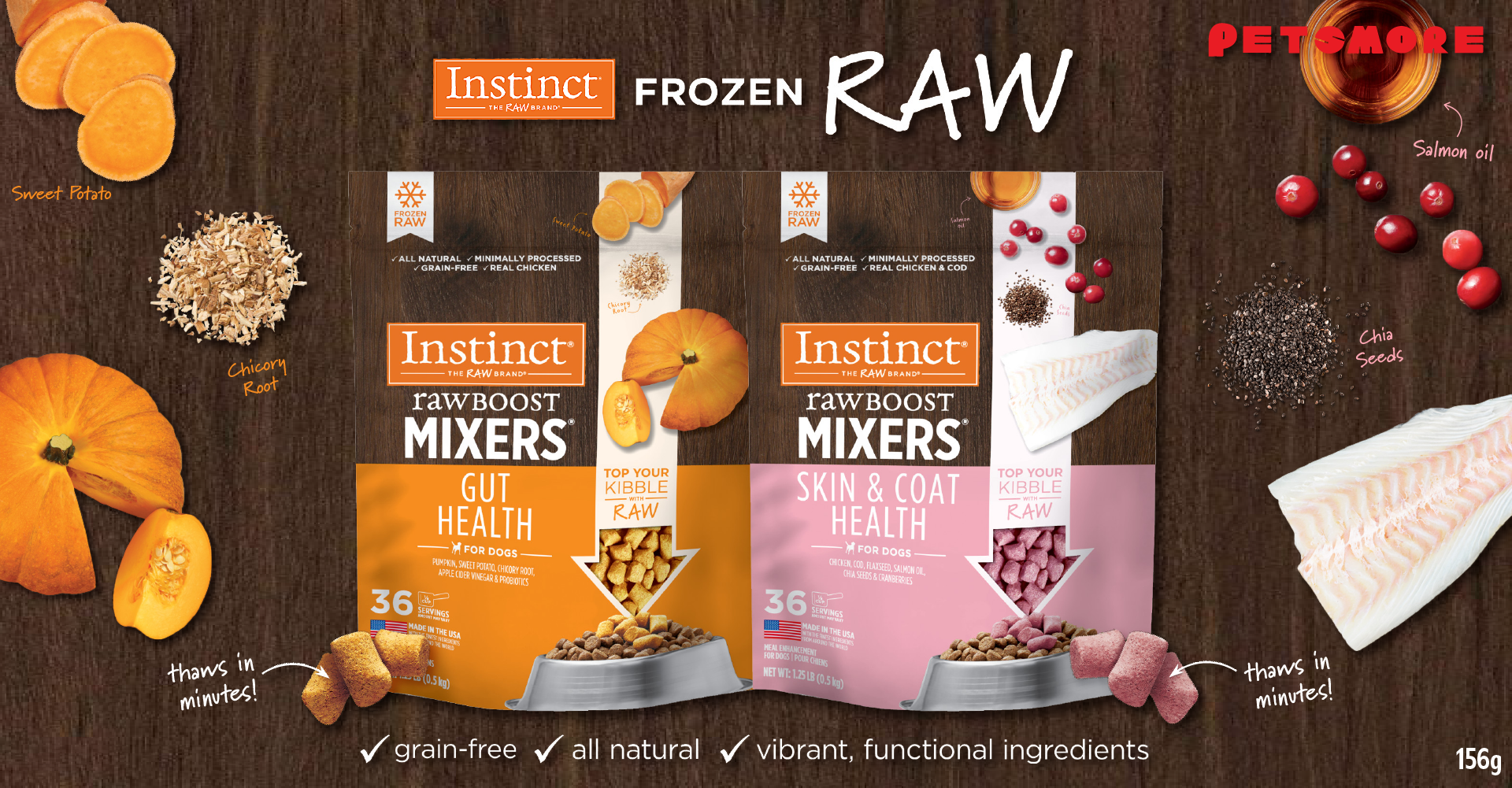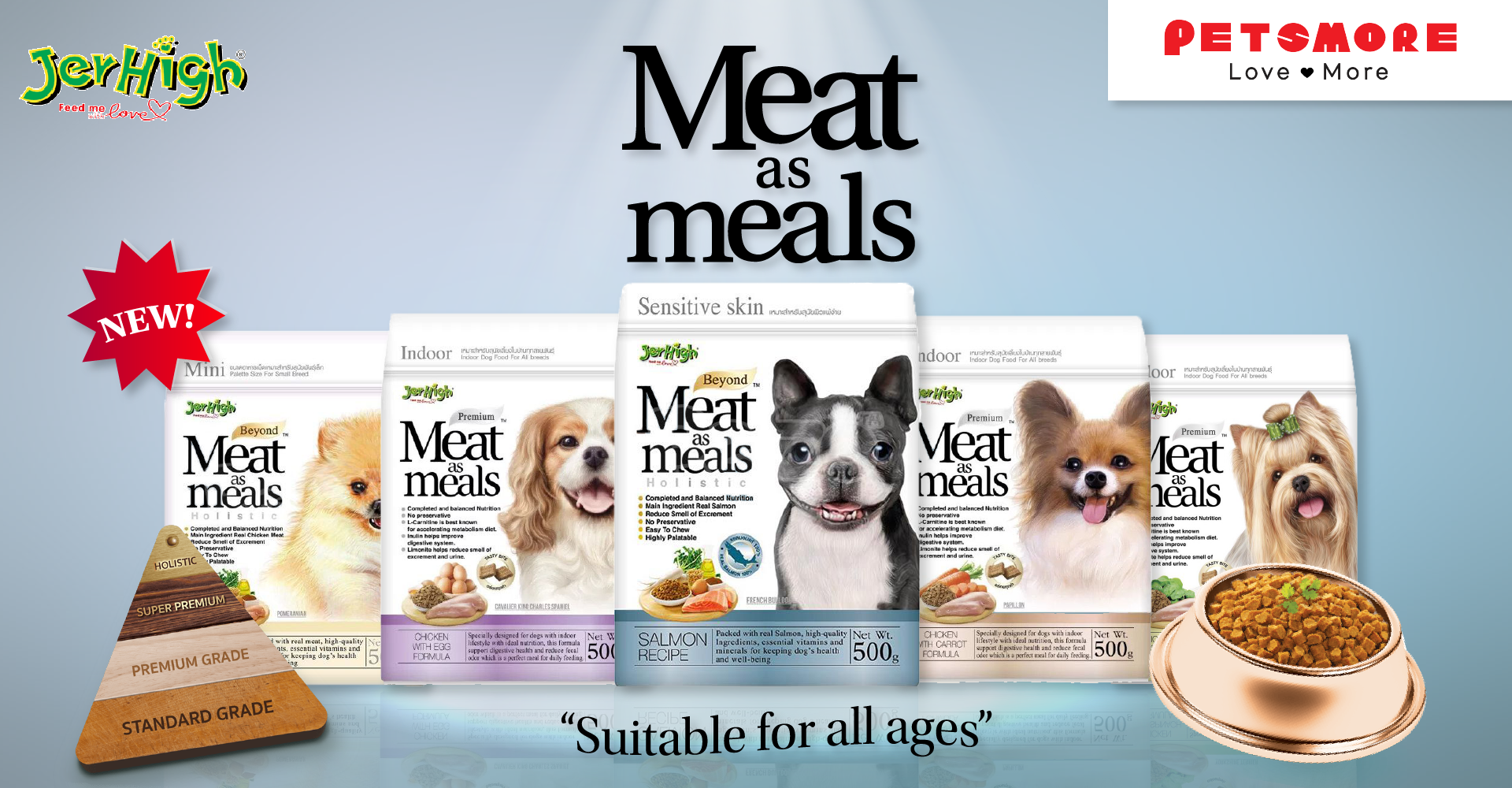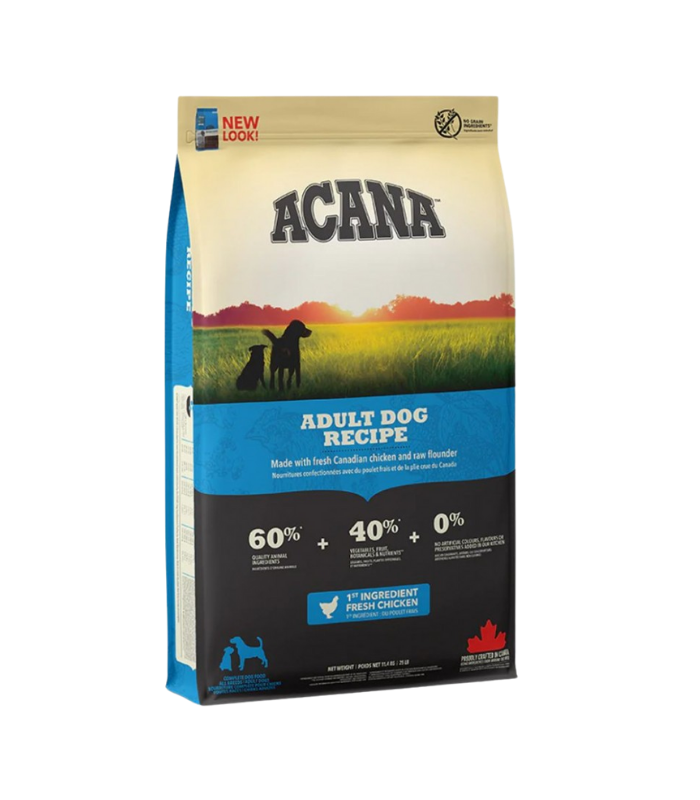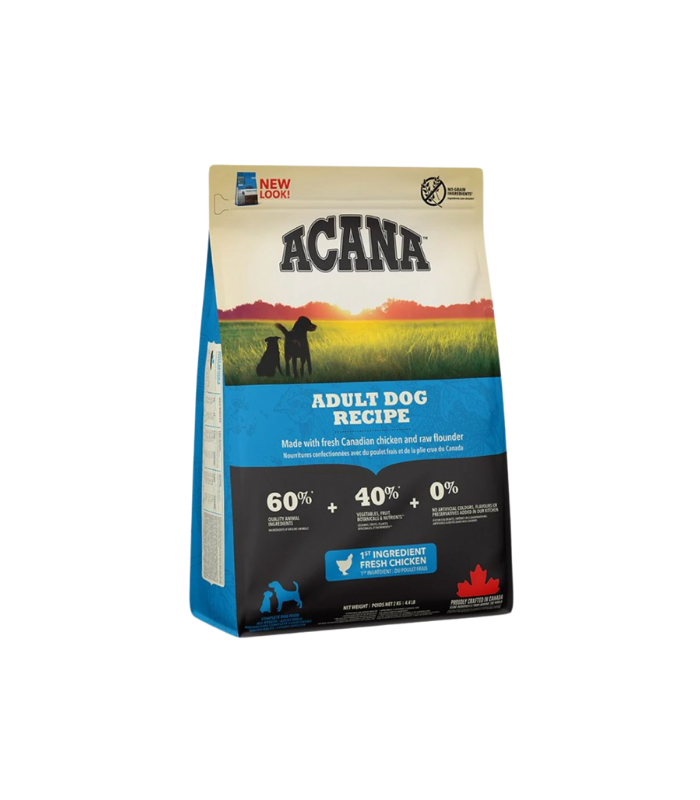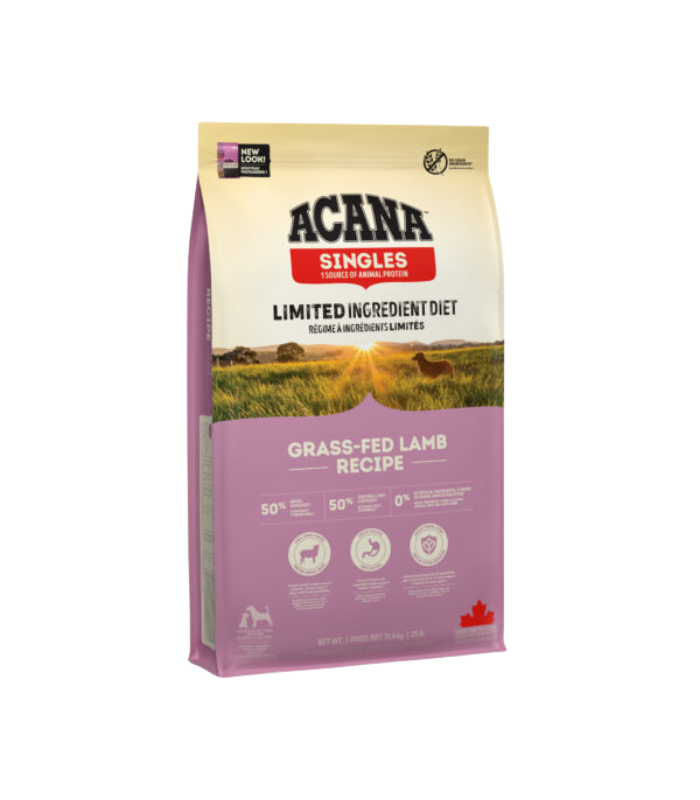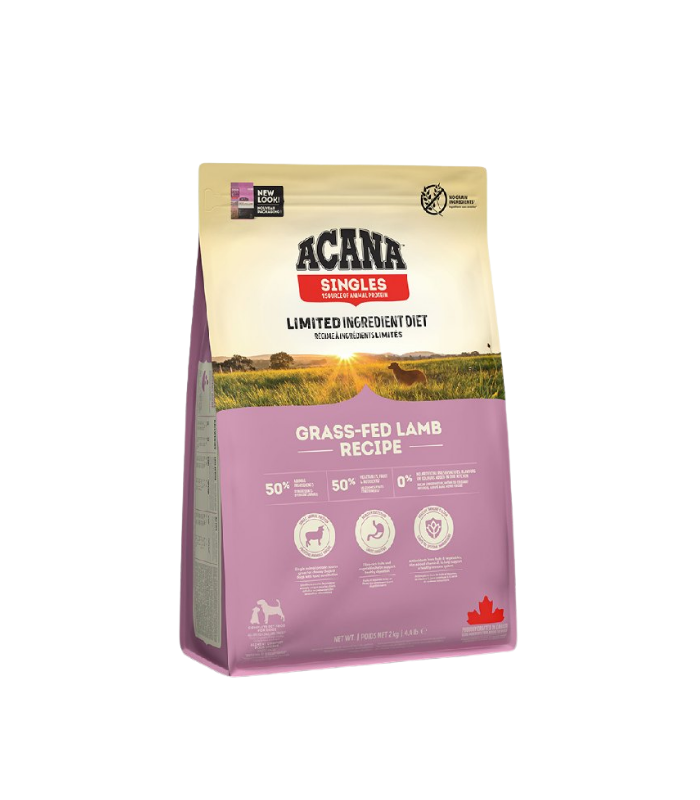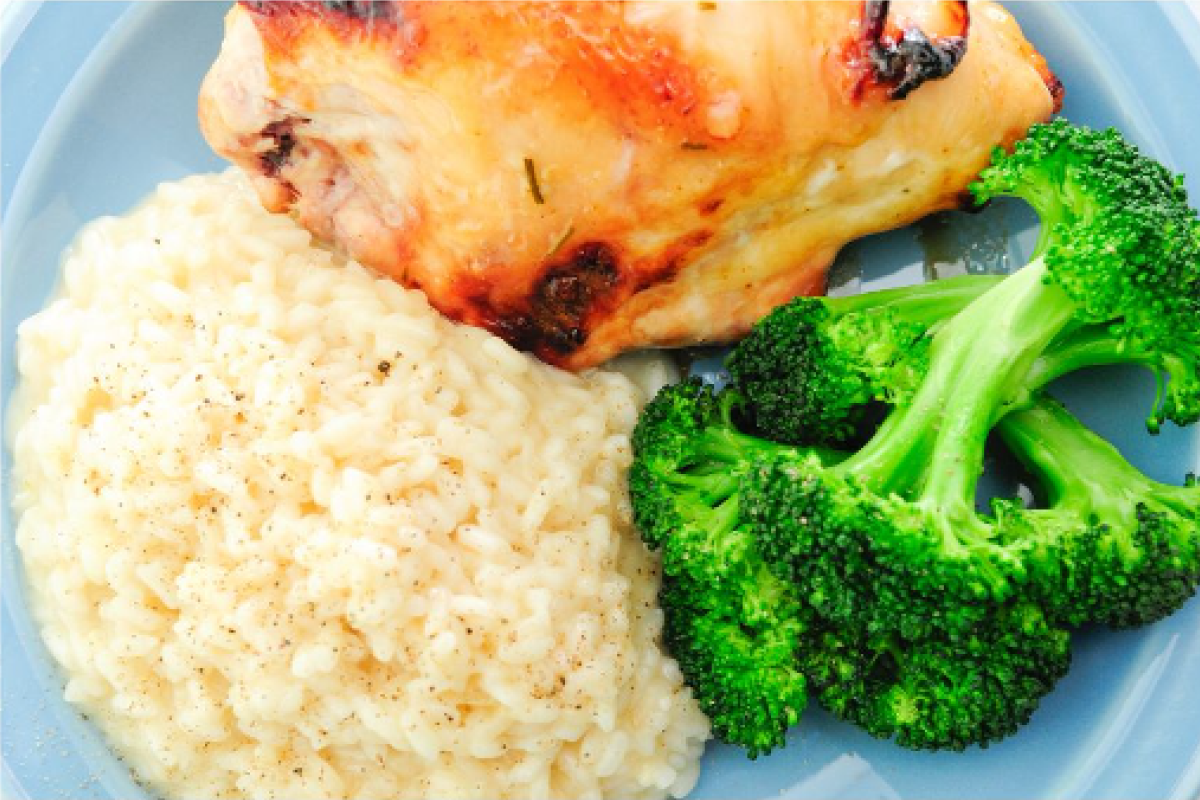Hi pet parents! It’s Zoe, your friendly vet nurse. Today we’re busting a super common myth: “If it’s healthy for humans, it must be good for pets too.” Right? Well… not exactly.
Let’s talk about what’s missing when we try to feed our furry family members the same clean and simple meals we’d eat ourselves.
Myth: “I cook chicken, pumpkin, rice and veggies for my dog. It’s healthy and clean.”
First of all is amazing that you care so much about what goes into your pet’s bowl! Cooking for pets shows https://www.winnicagoja.pl/ so much love and effort. But here’s the truth:
❌ Home-cooked ≠ Complete & Balanced
Feeding plain chicken, rice, pumpkin, and veg seems healthy (and way less processed than kibble, right?). But dogs and cats have specific nutritional needs that this combo just doesn’t meet:
- Not enough calcium – Chicken meat has lots of phosphorus but almost zero calcium. Long-term imbalance causes weak bones or even fractures. Puppies are especially at risk.
- Missing taurine – This amino acid is vital for cats, and a deficiency can cause blindness or heart disease.
- No vitamin D3, E, B12, zinc, copper, and many more essential micronutrients.
- Fish for cats? Maybe just in moderation. Too much fish can lead to:
- Thiamine deficiency
- Mercury exposure
- Hyperthyroidism
- Thiamine deficiency
🧠 Bottom line: Home-cooked meals are lovely if they’re designed by a vet nutritionist and include the correct supplements.
🦴 “What if I give bones for calcium and dental health?”
That’s another popular belief! While bones do contain calcium and chewing can help teeth, here’s the reality check:
Risks of Feeding Bones:
- Cooked bones are brittle and can splinter—choking, broken teeth, or even perforated intestines!https://site1369674238.websiteseguro.com/ojs31/
- Raw bones are slightly safer but still carry:
- Risk of bacterial contamination (salmonella, E. coli)
- Tooth fractures, especially with hard bones like beef femurs
- Constipation or blockages, if too much bone is eaten
Safer alternatives:
- Calcium supplements tailored to your pet’s needs
- Vet-approved dental chews
- Tooth brushing (still #1 for dental health!)
🥛 “Is milk okay? It’s natural!”
We get asked this all the time. Sadly, most adult cats and dogs are lactose intolerant. Milk and dairy can lead to:
- Diarrhea 💩
- Gas 😖
- Stomach upset
So while kittens and puppies may enjoy their mum’s milk, cow’s milk is a no-go for most adult pets.
🧃 “Kibble is dry—it dehydrates cats and causes kidney disease.”
This is partly true, but let’s unpack it:
- Cats have low thirst drives and evolved to get moisture from food.
- Kibble is only 6–10% water vs wet food (70–80%).
But—kibble alone doesn’t directly cause kidney disease (CKD). Many factors contribute: age, genetics, dental disease, infections.
💡 Best practice:
- Add wet food, broths, or water toppers to your cat’s meals
- Encourage drinking (pet fountains are a great idea!)
💩 “My dog’s poop is small and dry after feeding raw. That means it’s absorbing everything!”
True that raw-fed pets often have smaller, firmer poops due to higher digestibility. But…
⚠️ Small poop doesn’t always mean healthy.
If the diet lacks balance (like calcium, taurine, vitamin D), the pet may absorb everything there is — but still miss out on what they need.
Absorbing more of an imbalanced diet = not a win.
✅ Summary: Love = Knowledge = Health
Cooking for your pet, avoiding processed food, and reading labels are all awesome steps. But without proper balance, even the “cleanest” home-cooked or raw diets can lead to serious health problems down the line.
So here’s what actually works:
✔ Work with a vet or nutritionist
✔ Use complete, balanced recipes
✔ Add the right supplements
✔ Do annual health checks and bloodwork
You’re doing great already by reading this and asking questions! Keep learning, and your furkid will thank you in licks and tail wags.
👉 Stay tuned for next, where we dive into how to read pet food labels—and what “complete and balanced” really means (hint: AAFCO is not a magic stamp of perfection).
Disclaimer:
I am not a veterinarian or certified pet nutritionist. The information shared in this article is based on general pet care knowledge and current guidelines, and is intended for healthy, adult cats and dogs only.
For pets with medical conditions, special dietary needs, or if you’re unsure what’s best, please consult your veterinarian or https://www.uticvirtual.edu.py/revista.tembikuaatyrekavo/ a qualified pet nutritionist before making changes to their diet, supplements, or feeding routine.

About Vet Nurse Zoe
Zoe is a dedicated veterinary nurse who has been practicing in a veterinary clinic since 2022. She is committed to providing high-quality care for animals while continuously expanding her knowledge to better serve pets and their owners.
In collaboration with Petsmore, she aims to provide reliable and practical information to help pet owners make informed decisions about their pets’ well-being. Learn more about Zoe by checking her bio or following her on Instagram at @vetnursezoe!
https://www.plancartemorelia.edu.mx/portal/wordpress/ https://link.space/@oyo777Login
